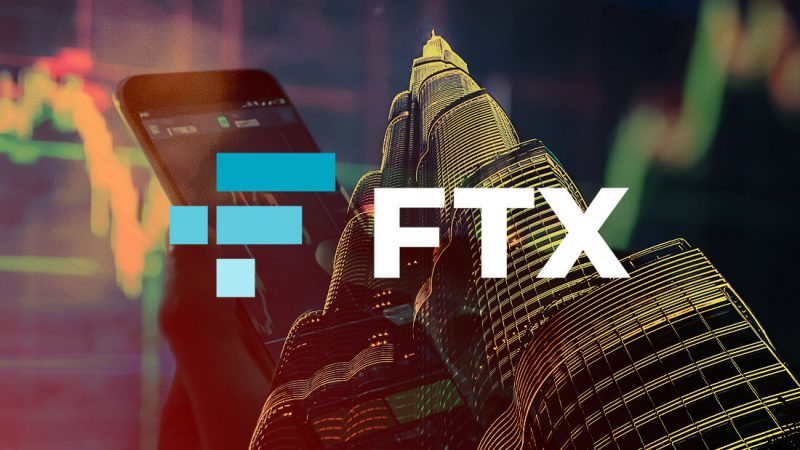Of late, Dubai has emerged as a growing crypto hub. Different entities have been setting up their operations and expanding their territory by branching out in the Gulf. Last month, for instance, London-based crypto firm Blockchain.com won provisional approval to operate in Dubai.
Prior to that, OKX spread its wings in Dubai after it was awarded a provisional license, for it prioritized expanding in a regulated environment. As far as top exchanges are concerned, the largest one—Binance—was granted a license to conduct operations in Dubai.
Furthermore, towards the end of July FTX Exchange FZE [a subsidiary of FTX Europe] received Dubai’s first virtual asset service provider MVP license. Alongside, the exchange also received permission to act as a clearing house, operate an NFT marketplace, and provide custodial services under prescribed parameters.
Read More: FTX Exchange Receives Full Regulatory Approval To Operate In Dubai
Now, the CEO of the exchange—Sam Bankman-Fried—said that the exchange is “excited” to be regulated and expand the exchange’s presence in Dubai. Elaborating on the same, he tweeted:
With respect to expansion, the exchange is reportedly tapping institutional investors as part of the company’s strategy for its launch phase in the UAE and the rest of the Middle East region. Commenting on the same, Mohammad Hans Dastmaltchi, the Chairman of the FTX MENA region, recently revealed,
As soon as we announced we are regulated and are opening an office in UAE, we were contacted by big institutional organizations in the Emirates, from across a wide range of industries, such as airline, hospitality, finance, and real estate, among many others.
The Regulatory Front
Alongside granting company licenses to operate in Dubai, regulators have been simultaneously checking the regulations box. Quite recently, the Virtual Asset Regulatory Authority [VARA] rolled out marketing and promoting crypto guidelines in a move to create a legal framework that upholds security without hampering innovation and economic prospects.
The guidelines, as such, apply to the region’s licensed virtual assets service providers [VASPs]. Per the same, such companies are required to ensure factual accuracy, explicitly demonstrate any promotional intent, and in no way mislead on the guaranteed nature of their returns via their marketing campaigns.
Also Read: Dubai’s crypto journey to spruce up with new marketing guidelines
Opining on how regulations have benefited institutional investors and the exchange, Dastmaltchi said,
Because Dubai and the UAE have done such an impressive job setting up the regulatory framework, institutional investors who are committed to compliance are now able to look at getting into digital assets as a whole.
He added,
And because FTX, the most regulated exchange in the world and the fastest growing in the market, has a well-established reputation among institutional investors and professional traders, we are in talks with several to get them on board through our Middle East platform.
This does not mean that the exchange will completely turn a blind eye toward the retail sector. The said move to target institutional investors first only intends to help the exchange stabilize its system. Commenting on the same, another executive of the exchange—Balsam Danhach—said,
Without a doubt, business coming from the retail space will be just as valuable.





